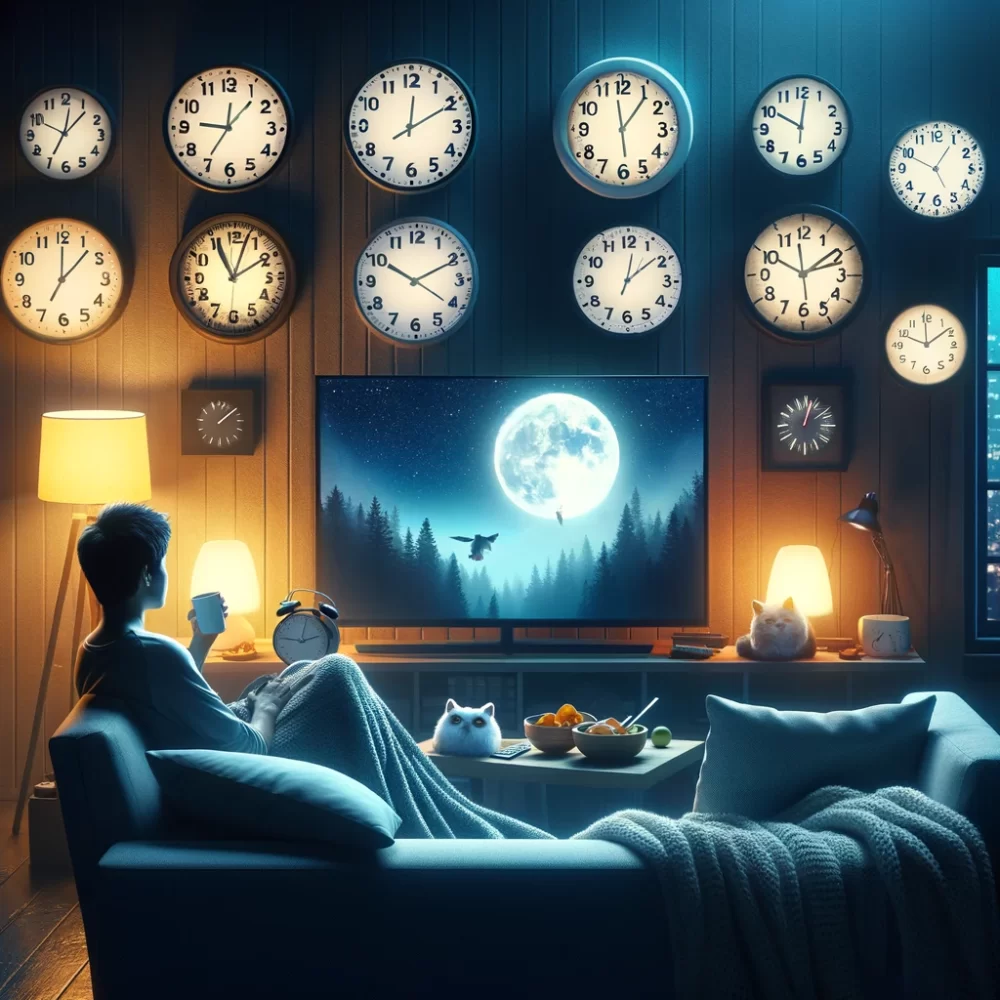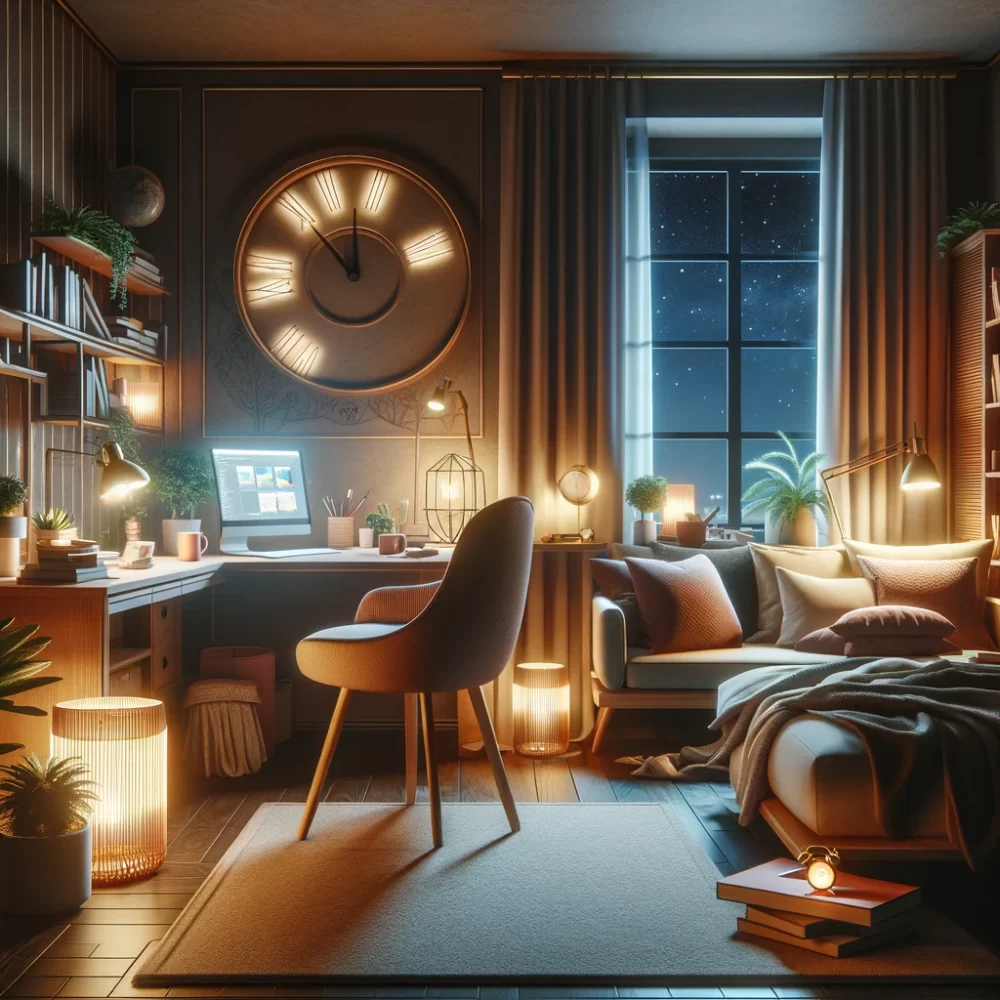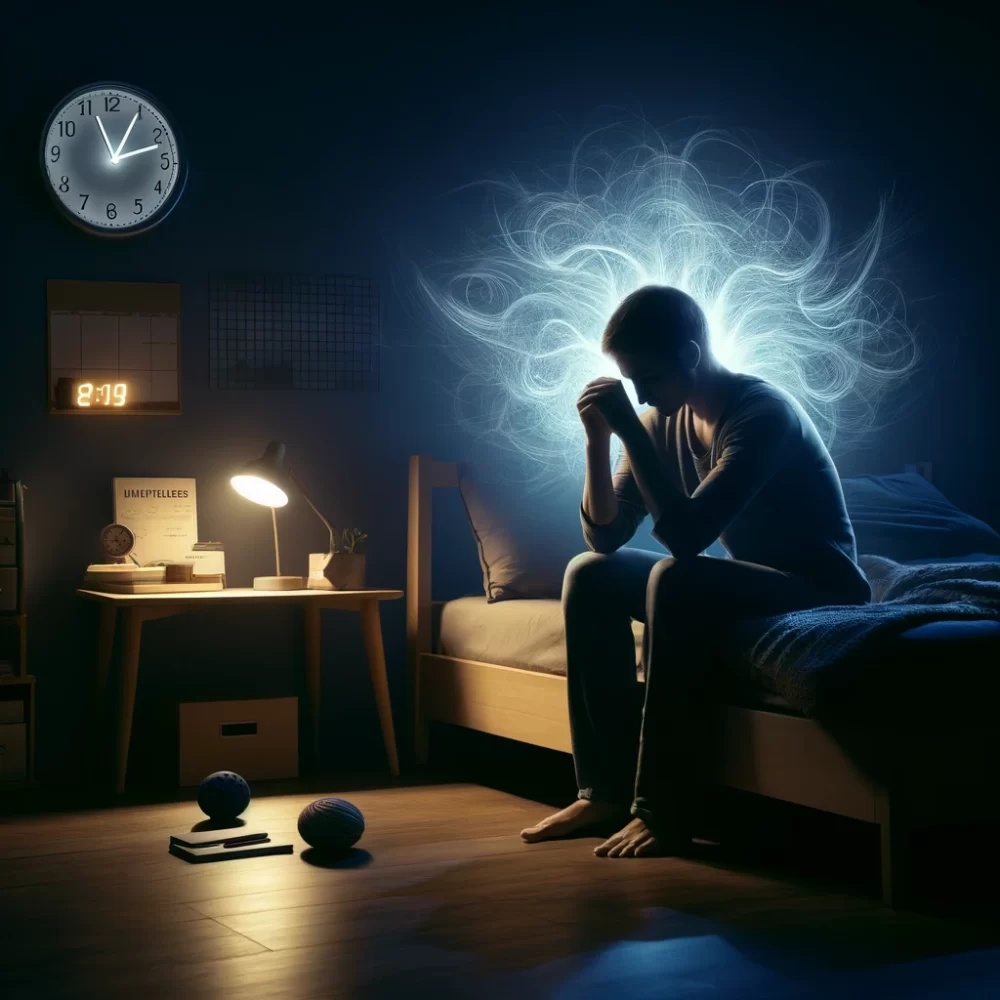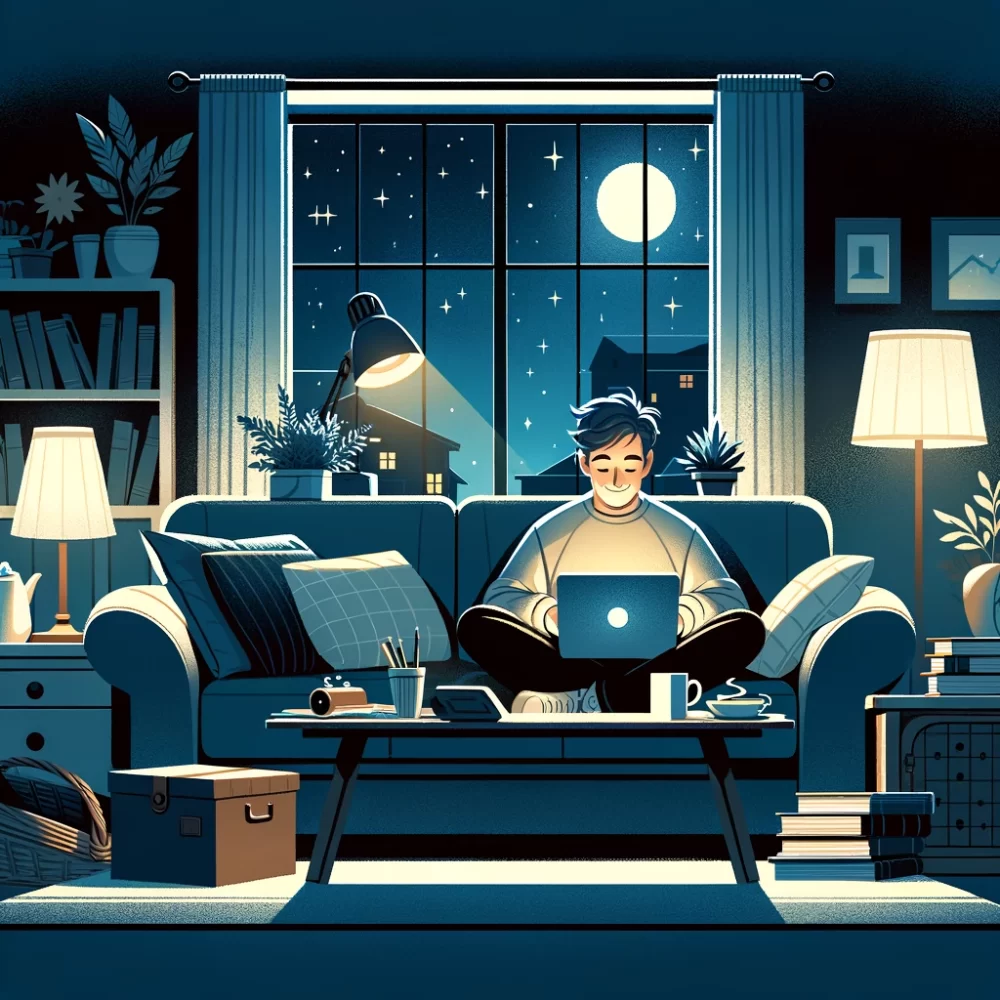Ever wondered why some people come alive at night? While some of us are snug in bed, others are wide awake, brimming with energy and ideas. Understanding why some folks are night owls can be both fascinating and enlightening. Here are 13 reasons why some people prefer the night.
1. It’s in Their Genes

Some people are just born to stay up late. Their internal clocks are set differently, making it natural for them to feel more awake at night. This genetic predisposition means that their bodies are naturally inclined to a later schedule. It’s not just a habit; it’s in their DNA. So if you find yourself wide awake at midnight, you might be able to thank your ancestors.
2. Nighttime Creativity

For many night owls, creativity peaks after the sun goes down. The quiet and peace of night can spark new ideas, whether it’s writing, painting, or just brainstorming. With fewer distractions, the mind can wander freely and explore new thoughts. This creative boost is why many artists and writers prefer working at night. They find the stillness of the night to be the perfect backdrop for their creative endeavors.
3. Late-Night Productivity

Night owls often get more done when everyone else is asleep. With fewer distractions, they can focus better and tackle tasks with full energy. The solitude of the night allows them to work uninterrupted, leading to higher productivity. This is particularly true for tasks that require deep concentration and extended periods of focus. So, if you’re a night owl, you might find that your best work happens when the world is quiet.
4. Energy Boost

Some people feel a burst of energy at night. While others wind down, night owls are just getting started, full of pep and ready to go. Late-night energy can make them feel more active and alert during the evening hours. It’s like their internal batteries get a recharge after the sun sets. This surge of energy can be perfect for exercise, hobbies, or tackling projects.
5. Social Life

Social activities can keep night owls up. Late-night chats, gaming sessions, or hanging out with friends are just too fun to pass up. The nightlife offers opportunities for socializing that the daytime doesn’t. Many night owls thrive in these social settings, finding joy and connection in the late hours. This social aspect can reinforce their preference for staying up late.
6. Peace and Quiet

The calm of night is perfect for those who enjoy peace and quiet. With the world at rest, night owls can enjoy a serene environment, ideal for work or relaxation. Quiet time allows them to reflect, think deeply, or simply enjoy the silence. The absence of daytime noise and activity can be very soothing. It’s a special time that many night owls cherish for its tranquility.
7. Stress Relief

Nighttime can be the perfect time to de-stress. After a busy day, night owls use these hours to unwind, read, or watch their favorite shows. Downtime helps them relax and reset, preparing them for the next day. Engaging in calming activities at night can be a great way to alleviate stress. Whether it’s a hobby, a good book, or a movie, these activities help night owls feel more relaxed and at ease.
8. Natural Body Clock

Some people’s internal clocks are set later. Their bodies are naturally tuned to stay up late and sleep in, making them more alert at night. Natural rhythm is known as a delayed sleep phase. It means that their peak alertness and energy levels occur in the evening rather than in the morning. Adjusting to this natural schedule can help night owls function better and feel more aligned with their internal clock.
9. Hormone Levels

Hormones like melatonin, which help us sleep, can affect night owls differently. They might feel sleepy later, keeping them awake and alert longer. A delayed melatonin release means that their bodies signal them to sleep at a later time. It’s not just about lifestyle; it’s a physiological difference. Understanding this can help night owls create a sleep routine that works for them.
10. Lifestyle Choices

Jobs, hobbies, and routines can influence sleep patterns. Night owls often pick careers or activities that suit their late-night lifestyles. For example, they might choose professions that have flexible hours or night shifts. Their hobbies might also be more suited to the evening, like stargazing or night photography. These lifestyle choices help reinforce their natural tendency to stay up late.
11. Sleep Environment

The sleep environment can significantly impact sleep patterns. Night owls often create a conducive environment for staying up late, such as dim lighting and comfortable settings.
They might set up cozy nooks for reading or create the perfect ambiance for working late. A tailored environment makes nighttime activities more enjoyable and productive. By optimizing their surroundings, night owls can make the most of their preferred hours.
12. Psychological Factors

Psychological factors, such as anxiety or depression, can influence sleep patterns. Some individuals may find it difficult to sleep early due to racing thoughts or worries, making them more prone to staying up late. Addressing these underlying psychological issues can sometimes help night owls adjust their sleep schedules. Therapy, mindfulness, and stress management techniques can be beneficial. Recognizing and addressing these factors can lead to better sleep habits.
13. Personal Preference

Ultimately, some people are night owls simply because they prefer it. They enjoy the unique experience of nighttime, the sense of solitude, and the freedom it offers. This personal preference can be a powerful motivator, shaping their routines and lifestyle around their nocturnal tendencies. Night owls might find joy in the quiet moments or the chance to work without interruptions. Their preference for the night is a key part of who they are.
Genetic, Biological, Psychological and Social Factors

Night owls are shaped by a mix of genetic, biological, psychological, and social factors. Understanding these reasons can help night owls embrace their unique rhythms and find ways to thrive. Whether it’s harnessing late-night creativity, enjoying the quiet, or aligning their lifestyle with their natural tendencies, night owls can make the most of their nocturnal nature. If you’re a night owl, consider how these factors resonate with your experience and explore ways to optimize your nighttime productivity and well-being.
Read the full article here
















